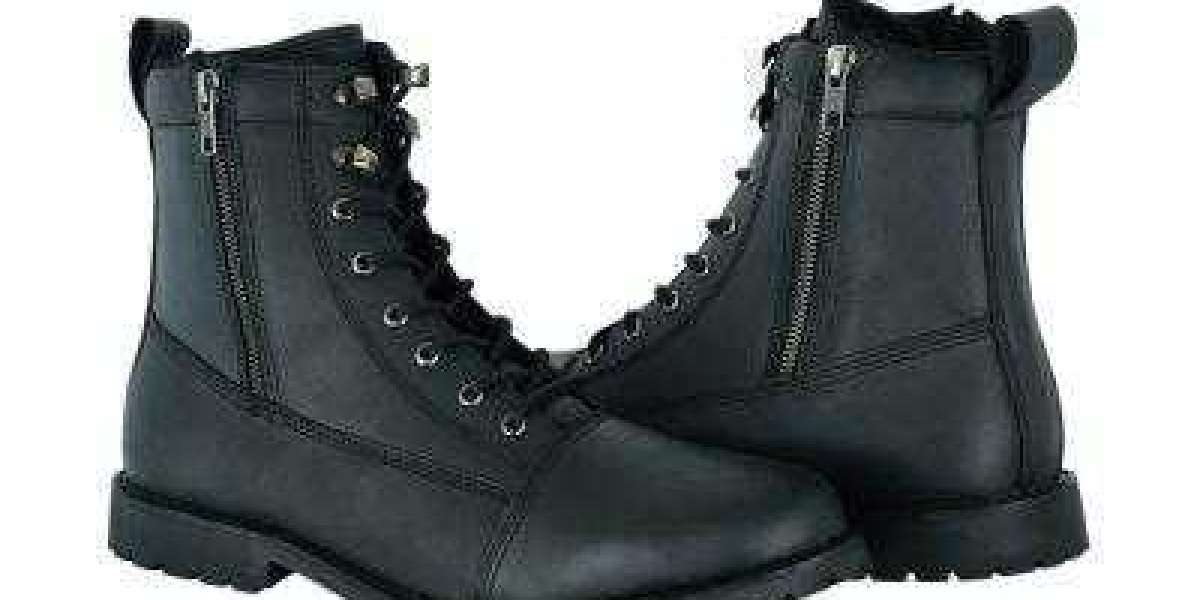As our beloved dogs age, they often face a range of health issues, with heart disease being one of the most common. Hydralazine is a medication that veterinarians may prescribe to help manage certain heart conditions in dogs, particularly hypertension and congestive heart failure. In this article, we’ll explore how hydralazine works, its benefits, potential side effects, and important considerations for dog owners.
Understanding Heart Health in Dogs
Heart disease can manifest in various forms, including valvular disease, dilated cardiomyopathy, and hypertension. These conditions can lead to significant health complications, affecting your dog’s overall quality of life. Recognizing the early signs of heart disease—such as coughing, difficulty breathing, lethargy, and swelling in the abdomen—can help you seek timely veterinary care.
What Is Hydralazine?
Hydralazine is a vasodilator, which means it works by relaxing the blood vessels. This process helps reduce the overall resistance the heart must overcome to pump blood, effectively lowering blood pressure. In dogs, hydralazine is primarily used to manage conditions like:
- Hypertension (high blood pressure): This can strain the heart and lead to serious complications if untreated.
- Congestive heart failure (CHF): In CHF, the heart is unable to pump blood effectively, causing fluid buildup in the lungs and abdomen.
By improving blood flow and reducing pressure within the circulatory system, hydralazine can help alleviate some of the symptoms associated with these conditions.
How Hydralazine Works
Hydralazine specifically targets the smooth muscles in the walls of blood vessels, causing them to relax and widen. This dilation leads to a decrease in blood pressure and reduces the workload on the heart. In dogs with heart conditions, this can mean less strain on the heart, improved circulation, and a better quality of life.
Benefits of Hydralazine for Dogs
Effective Management of Hypertension: Hydralazine is particularly effective in lowering high blood pressure, which is crucial for preventing further damage to the heart and other organs.
Improved Heart Function: By reducing the workload on the heart, hydralazine can help improve overall heart function in dogs with congestive heart failure, allowing them to engage more actively in daily activities.
Enhanced Quality of Life: Many dog owners report noticeable improvements in their pet’s energy levels and overall demeanor after starting treatment with hydralazine.
Support for Other Medications: Hydralazine can be used in conjunction with other heart medications, such as diuretics and ACE inhibitors, to create a comprehensive treatment plan tailored to your dog’s specific needs.
Potential Side Effects
While hydralazine can be highly beneficial, it’s essential to be aware of potential side effects. Common side effects in dogs may include:
- Lethargy: Some dogs may become more tired than usual.
- Gastrointestinal Upset: This may manifest as vomiting or diarrhea.
- Hypotension: In some cases, blood pressure may drop too low, leading to dizziness or weakness.
- Allergic Reactions: Though rare, dogs may experience allergic reactions, which could present as swelling, itching, or difficulty breathing.
Always monitor your dog closely when starting any new medication and report any concerning symptoms to your veterinarian.
Dosage and Administration
The dosage of hydralazine will vary based on your dog’s specific condition, size, and response to treatment. It is typically administered orally in tablet form. Your veterinarian will likely start with a low dose and adjust it as necessary based on your dog’s response and any side effects.
It's crucial to follow your veterinarian’s instructions carefully and never adjust the dosage without consulting them first.
Monitoring Your Dog’s Health
Regular veterinary check-ups are vital for dogs on hydralazine. Your veterinarian will monitor your dog’s blood pressure and overall heart health to ensure the medication is working effectively and to make any necessary adjustments to the treatment plan.
Additionally, keep an eye on your dog for any changes in behavior, energy levels, or appetite, and report these to your vet.
Conclusion: Taking Charge of Your Dog’s Heart Health
Managing your dog’s heart health can feel overwhelming, but understanding medications like hydralazine can empower you to make informed decisions. If your dog is diagnosed with hypertension or congestive heart failure, hydralazine may be a crucial part of their treatment plan, helping to improve their quality of life and overall well-being.
Consult your veterinarian to discuss the potential benefits of hydralazine for your dog, and together, you can develop a comprehensive strategy for managing their heart health. Early intervention and proper management are key to ensuring your furry friend enjoys a happy, active life. Read more













